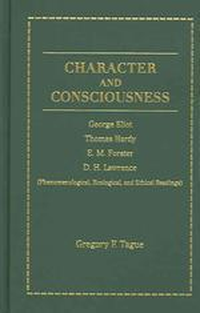Formless in Form: Kenko, Tsurezuregusa and the Rhetoric of Japanese Fragmentary Prose
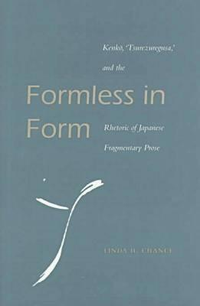
Summary
What makes a work of literature readable? This book asks that question of one of the classics of Japanese literature, the Tsurezuregusa (Essays in Idleness) by Kenko (1283-1352), a collection of brief, fragmentary reflections on a number of subjects. In Japanese literary history the work is classified as one of the first collections of zuihitsu , or informal essay. This first extended critical treatment of Tsurezuregusa goes back to its author and his time to rebuild the discursive world of the early fourteenth century and to examine such matters as whether genre labels assist reading or obscure significant comparisons and contexts. The book presents compelling arguments against considering Tsurezuregusa as an example of zuihitsu ; instead, the text is treated as a deliberate, controlled effort by Kenko to force the reader to confront the impermanent and contingent nature of existence through experiencing the text. The book develops this view by studying the collaborative strategies operating between writers and readers in medieval Japan, the intellectual intent and devices of Kenko's text, and the many kinds of writing on which it draws. We learn how a text with a commitment to shaping responses to the world is simultaneously dedicated to exploding the reader's identification with the presumably unchanging facts of existence. The aesthetics of impermanence ( mujo ), central to medieval Japanese thinking, emerges not only as what writing is about but also as a means to demonstrate and to encourage the enactment of aesthetics by readers. Thus, a work that seems formless, to have little structure, is shown to be so in the interest of form, that is, of conveying a clear meaning to its audience. Or, to express it with a more Buddhist inflection amenable to Kenko, although the form that we can perceive is contingent on conditions and is hence formless, the fact of form continues to matter absolutely. Both literature and the nature of existence are readable because of the interplay of provisional and absolute truths, of the writer's and the reader's approaches to texts.
Similar Books
-
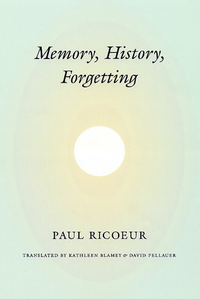 Memory, History, Forgetting
Memory, History, Forgettingby Paul Ricœur
-
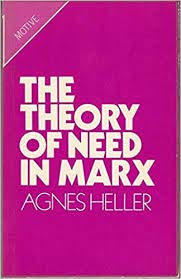 The Theory of Need in Marx
The Theory of Need in Marxby Ágnes Heller
-
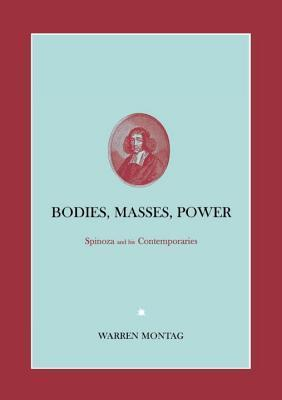 Bodies, Masses, Power: Spinoza and His Contemporaries
Bodies, Masses, Power: Spinoza and His Contemporariesby Warren Montag
-
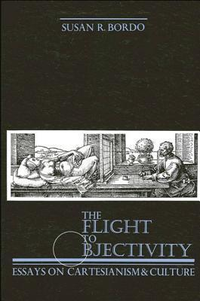
-
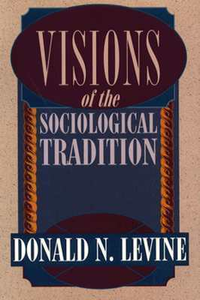 Visions of the Sociological Tradition
Visions of the Sociological Traditionby Donald Nathan Levine
-
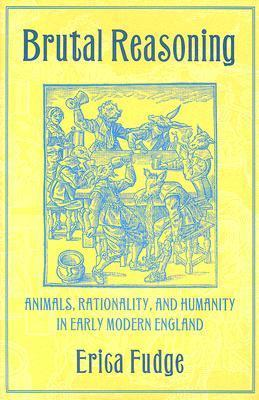
-
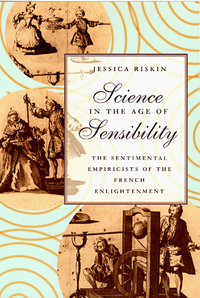
-
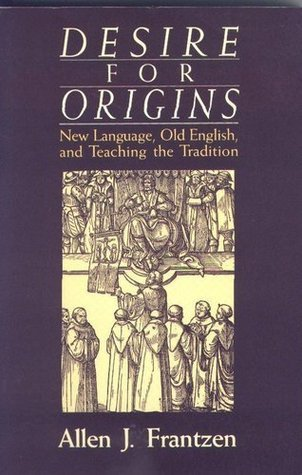 Desire for Origins: New Language, Old English, and Teaching the Tradition
Desire for Origins: New Language, Old English, and Teaching the Traditionby Allen J. Frantzen
-
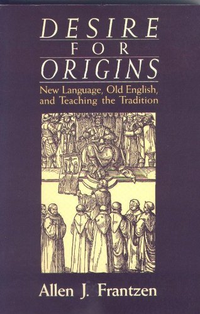 Desire for Origins: New Languages, Old English, and Teaching and Tradition
Desire for Origins: New Languages, Old English, and Teaching and Traditionby Allen J. Frantzen
-
 Enemies of Hope: A Critique of Contemporary Pessimism
Enemies of Hope: A Critique of Contemporary Pessimismby Raymond Tallis
-
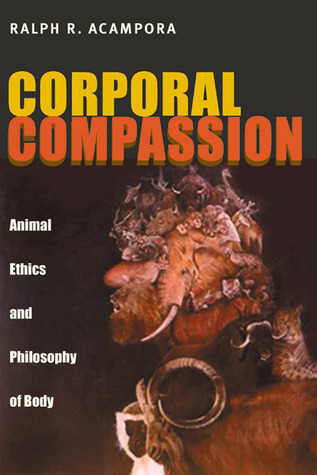 Corporal Compassion: Animal Ethics and Philosophy of Body
Corporal Compassion: Animal Ethics and Philosophy of Bodyby Ralph R. Acampora
-
 Social Evolutionism: A Critical History
Social Evolutionism: A Critical Historyby Stephen K. Sanderson
-
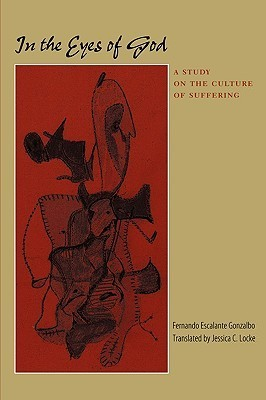 In the Eyes of God: A Study on the Culture of Suffering
In the Eyes of God: A Study on the Culture of Sufferingby Fernando Escalante Gonzalbo
-
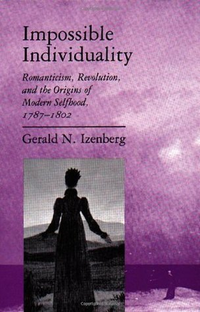
-
 Makers of Modern Culture: Five Twentieth-Century Thinkers
Makers of Modern Culture: Five Twentieth-Century Thinkersby Roland N. Stromberg
-
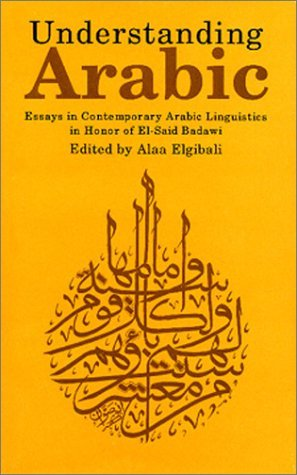
-
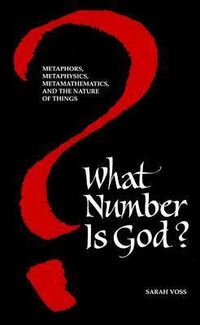
-
